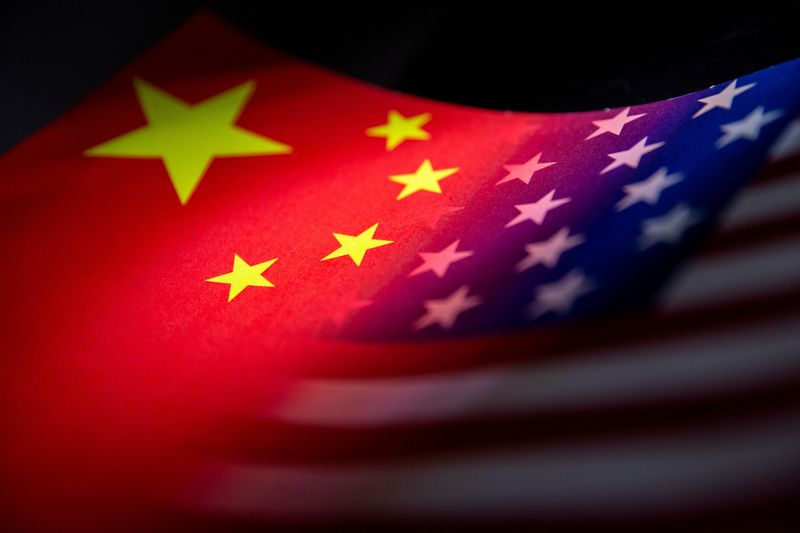(Reuters) – Goldman Sachs on Tuesday said it expects Beijing’s retaliatory tariffs in response to new U.S. restrictions against Chinese goods to have only limited impact on energy prices.
Minutes after U.S. President Donald Trump’s 10% tariff on Chinese goods kicked in at 12:01 a.m. ET (0501 GMT), China’s finance ministry said it would impose levies of 15% for U.S. coal and LNG and 10% for crude oil, farm equipment and some autos.
“We believe near term implications to commodity markets will be limited given that neither global supply nor demand of these commodities are changed by China’s tariffs,” Goldman Sachs said in a note.
Impacted U.S. volumes are likely to easily find alternative buying markets, while China replaces impacted import volumes with alternative suppliers, Goldman said.
U.S. liquefied natural gas (LNG) exports are likely to increase, while incremental supply from other Atlantic basin suppliers might head to Asia, Goldman said.
“In coal, we expect U.S. volumes to be redirected to Japan and Korea, which will likely release local Pacific basin supplies to go to China instead,” analysts at Goldman Sachs said, adding China crude oil imports from the U.S. are small enough that can be easily reallocated.
Impact to commodity freight rates will also likely be limited given the United States is one of China’s farthest away trading partners, it said.
However, Goldman said the most significant impact from China’s retaliatory measures to commodity markets is potential pause in new long-term LNG contract negotiations between China buyers and U.S. LNG export facilities.
Oil prices diverged at settlement on Tuesday amid tariff drama between Washington and Beijing. [O/R]
(Reporting by Brijesh Patel in Bengaluru; Editing by Chris Reese and Marguerita Choy)


